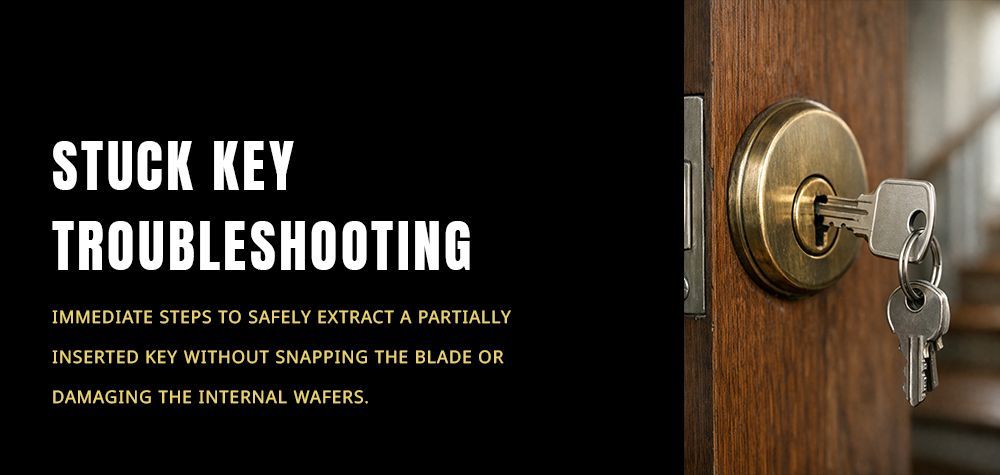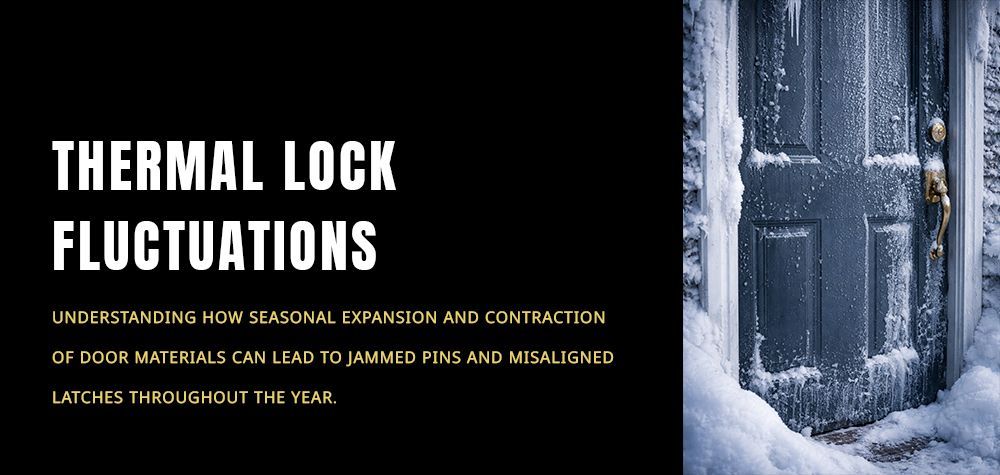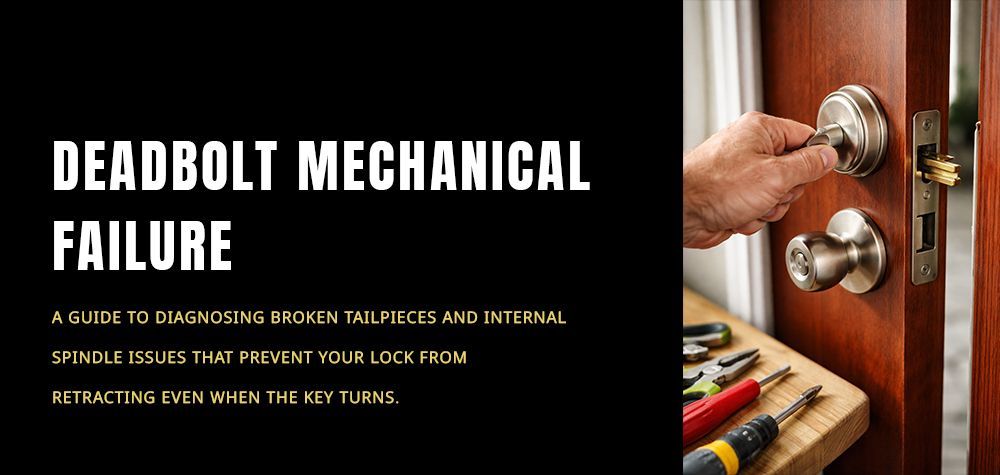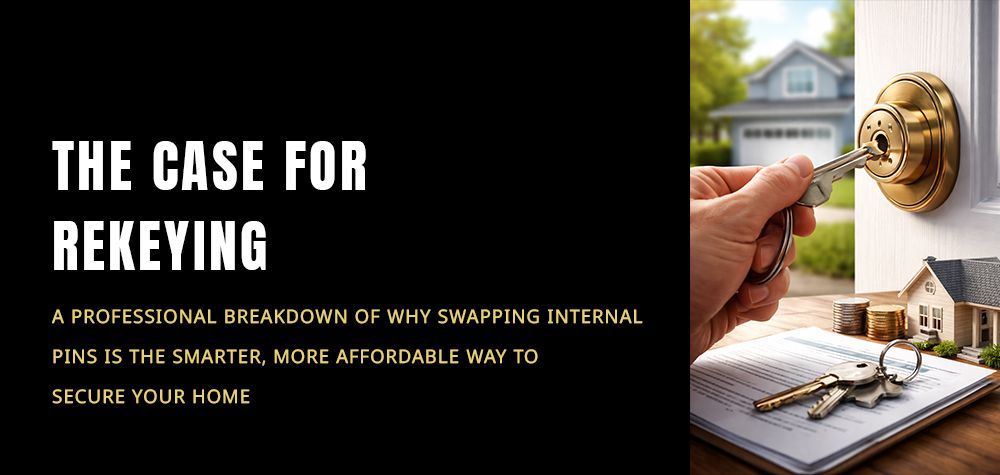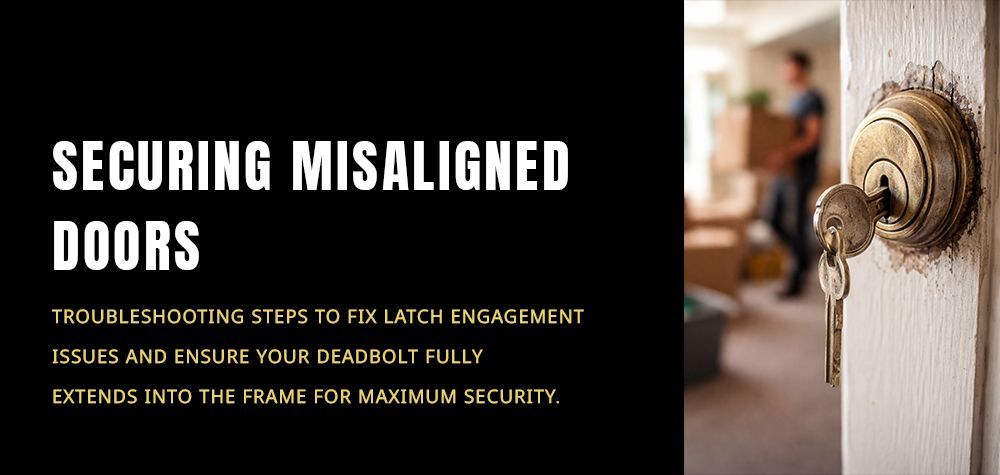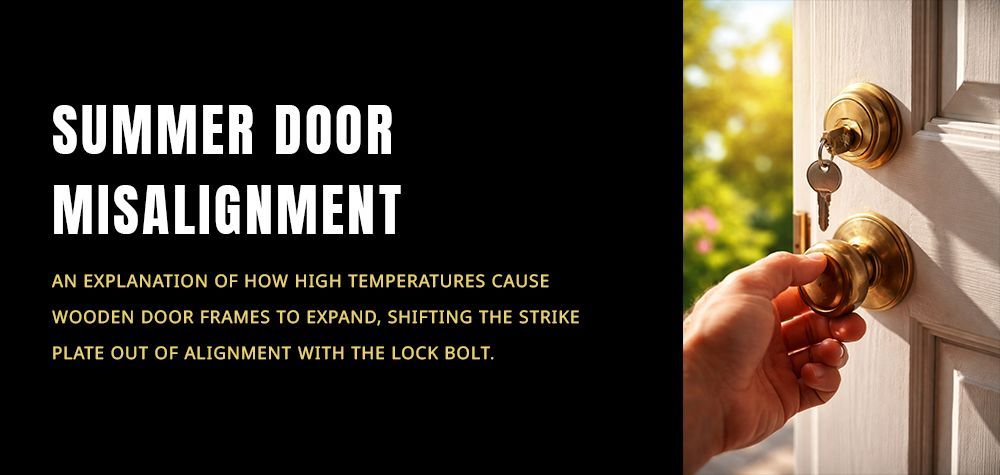The Risks of Using Universal Key Duplicators
Key duplication used to be simple: you hand a metal key to a trusted locksmith, they cut a new blank, and you walk away with a spare. Today, however, cheap universal key duplicators and online “cut-your-key-at-home” kits promise instant copies with minimal fuss. At first glance they look convenient and affordable, but beneath that convenience lie legal, security, and practical risks that can cost you far more than the price of a duplicate. This article unpacks those risks, explains why some duplication methods are dangerous, and shows safer alternatives — including how professional locksmiths like Brothers Locksmith help protect your property and your peace of mind.
How to recover a lost digital key stored in your phone?
What Is a Universal Key Duplicator?
A universal key duplicator is a device (or a kit or online service) designed to copy a wide range of keys using one machine or pattern database. Unlike traditional key cutting that relies on exact blanks and a trained operator, universal systems attempt to match the cuts and create a functioning key without always using the original keyway or the correct, manufacturer-specified blank. Some smartphone apps and inexpensive home devices even use photos of keys or pattern-matching algorithms to create cut files that can be sent to a cutter or automated machine.
The attraction is obvious: quick service, low cost, and accessibility. But universal duplication shortcuts important safety checks and quality controls that trained locksmiths perform.
Security Risks: Unauthorized Copies and Easy Access
The most serious risk with universal duplicators is that they make it easy to create unauthorized copies. Criminals, dishonest staff, or strangers can obtain a key image or spare and have it duplicated with minimal trace. Because universal machines often work with a range of blank types, a copied key may function perfectly even if it wasn’t cut on the exact keyway originally intended.
When duplicate keys proliferate without control, you lose visibility and control over who can access your property. That’s especially concerning for businesses, rental properties, and high-value homeowners, where one unauthorized copy can lead to theft, vandalism, or liability issues.
Legal and Liability Concerns
Using universal duplicators can expose you to legal trouble. Certain keys are patent-protected, restricted, or stamped “Do Not Duplicate.” Cutting those without proper authorization may violate terms of sale, manufacturer agreements, or local regulations. If an unauthorized copy is used in a crime or causes damage, the property owner or the person who ordered the copy could face investigation or be held partially liable for negligent security practices.
Additionally, insurance claims following theft may be complicated if it’s discovered that restricted keys were duplicated irresponsibly. Insurers often examine whether a reasonable standard of care was followed; uncontrolled key duplication can weaken your position.
Quality and Fit Problems: Wear, Jamming, and Damage
Universal duplicators cut keys fast, but not always accurately. Small deviations in the blank profile, incorrect depth or spacing, or using the wrong keyway can result in a key that sticks, jams, or accelerates wear on the lock cylinder. A poorly cut key may work briefly and then snap inside the lock or damage expensive internal components, leading to costly repairs or full lock replacement.
In contrast, a professional locksmith matches the exact blank, verifies tolerances, and tests the key in the lock to ensure a precise fit and long-term reliability.
Compromise of Master Key and Restricted Systems
Master key systems and restricted keyways are designed so one master key opens multiple locks while subkeys open only their designated doors. Universal duplicators threaten these systems because they can produce copies that bypass designed safeguards. Unauthorized copies can undermine carefully planned access control schemes, making master system abuse easier and harder to detect.
For businesses, this means sensitive areas (server rooms, safes, records storage) can be compromised without a trace. Re-securing a master-keyed system usually requires rekeying many or all locks — a time-consuming and expensive process.
Privacy and Data Risks from Key Imaging Services
Some duplication services use photos of keys uploaded to apps or websites to generate cut files. That convenience introduces privacy risks: the image of a key is effectively a blueprint. If these images are stored insecurely, shared, or intercepted, malicious actors could reproduce keys in bulk later. Many consumers underestimate the risk of photographing a key and sending it to an unknown or untrusted service.
False Economy: Upfront Savings vs Long-Term Costs
Universal duplication often looks cheaper at checkout, but the downstream cost can be much higher. Replace a jammed lock, rekey an entire property after suspected key proliferation, deal with stolen goods, or manage an insurance dispute — those are expenses that quickly eclipse the initial savings of a cheap duplicate. Investing in secure, authorized duplication up front is usually cheaper in the long run.
When Universal Duplication Might Be Appropriate
There are low-risk situations where universal duplication can be acceptable: making an extra spare of a low-security padlock for backyard toys, replacing a lost key for a cheap cabinet, or creating a copy of a garage key when you’re certain there are no security concerns. Even here, it’s wise to weigh convenience against potential consequences.
How to Reduce Risk: Best Practices for Key Duplication
The safest approach balances convenience with control. First, reserve restricted or high-security keys for certified locksmiths or dealers who verify ownership. Always ask for ID and proof of residence or authorization when someone requests a key duplication for a property you manage. For businesses, maintain a key log and issue duplicates only through a controlled process.
Use patented or restricted keyways when possible; these blanks are only available through authorized locksmiths and come with legal protections and tracking. Consider electronic access control for high-risk areas — smart locks, key cards, and digital credentials reduce physical key exposure. If physical keys remain necessary, use serial-numbered keys and keep records of who received each copy.
What Professional Locksmiths Do Differently
Professional locksmiths follow standards that universal duplicators typically do not. A qualified locksmith verifies identity, uses the correct blank and cutting tolerances, tests the key in the lock before handing it over, and offers warranty-backed workmanship. For businesses, locksmiths can implement master key controls, restricted key systems, and audit trails for issued keys. They can also advise on hybrid solutions that combine mechanical locks with electronic access, limiting the need to duplicate physical keys in the first place.
Brothers Locksmith, for example, provides secure duplication as part of residential, automotive, and commercial services. We can issue restricted keys, rekey cylinders if unauthorized copies are suspected, and design access-control strategies tailored to your property and risk level.
What To Do If You Suspect Unauthorized Duplication
If you suspect a key has been copied without permission, act quickly. Change the locks or rekey the affected cylinders, review access logs if you use electronic controls, and check CCTV footage if available. For businesses, conduct an inventory of where approved keys are supposed to be and who has them. Contact a trusted locksmith to get professional advice and implement a secure remediation plan.
Final Thoughts
Universal key duplicators promise speed and savings, but they also expose property owners to serious and often hidden risks: compromised security, legal exposure, damaged hardware, and long-term costs. Keys are more than metal; they are the frontline of your security strategy. Treating duplicates casually threatens that frontline.
If you value security, the better path is controlled duplication through certified locksmiths, use of restricted keyways where appropriate, and thoughtful access management. For homeowners and businesses in need of secure duplication, key control, or a full rekeying after suspected compromise, Brothers Locksmith provides professional, 24/7 services that protect your property and your peace of mind.
Call Us Any Time!


